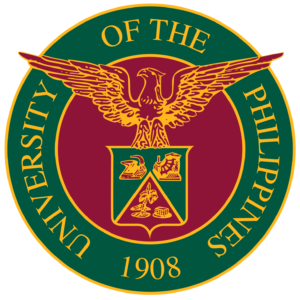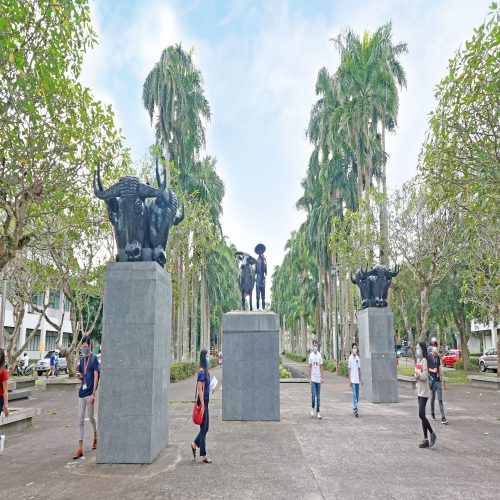
Introduction:
In the dynamic, evolving and competitive landscape of today’s professional world where changes occur without warning like the unpredictable winds and tides, effective employee management is critical to the consistent success and sustainable growth of any organization. One key aspect that can significantly impact employee performance and overall productivity is the provision of regular performance feedback. With that in mind, this article aims to explore the significance of regular performance feedback and how it positively influences employee management for UPLB in order to provide constituents, clients, and stakeholders what they rightfully deserve.
1. Enhancing Employee Engagement and Motivation:
Providing constructive criticism without demoralizing individuals requires a delicate balance like dangerously walking a tightrope to avoid irrevocable disaster that have dire repercussions. However, this cannot be simply ignored, delayed and cast aside because timely feedback remains a vital tool for UPLB employees to enhance their skills, shore up their shortcomings, and progress professionally in the respective roles that they play for the University.
Thus, incorporating regular constructive feedback as part of an employee’s learning and development journey is essential but the focus should not be on highlighting errors or embarrassing individuals in front of peers as this can lead to significant demotivation, decreased confidence, and deflated self-esteem. Instead, the goal is to empower and enable employees to reach their full potential and excel in their roles.
2. Facilitating Skill Development and Growth:
To sharpen employee skills and enhance core competencies effectively, it is crucial to offer suitable training and development opportunities. Effective training programs empower employees to acquire new skills, expand their knowledge and wisdom, improve performance, and make valuable contributions to the organization’s growth and success. These learning and development interventions can be conducted inside the University by inviting resource speakers and subject matter experts but employees can also join and attend conferences and training programs outside the four walls of UPLB so that they can expand their hub and networking capacity by establishing new connections.
3. Strengthening Employee-Manager Relationships:
Improving communication is the key to fostering better manager-employee relationships to avoid misunderstandings. Without understanding each other, progress becomes challenging and this can drive a wedge in interpersonal relationships that can grow bigger over time because everyone is not on the same page. Encouraging managers to enhance their communication skills and engage in frequent, meaningful interactions with their colleagues and constituents provide them with the confidence and clarity required for effective leadership. To build engaged and productive teams, managers must grasp what drives their employees and what fuels their motivation as well as identify areas for improvement that would enable them to excel further.
4. Aligning Performance with Organizational Objectives:
While goal setting is widely acknowledged as essential for any organization, it is not sufficient on its own. It becomes imperative to synchronize employee goals with team objectives and align team objectives with the organization’s overarching goals. This ensures that everyone is collectively striving to achieve the overall strategy of the organization, fostering a cohesive workforce moving in unison. Aligned goals cultivate a familial atmosphere, promoting collaboration and clear understanding of individual roles working together as one. Neglecting to align goals puts your organization at a disadvantage, as it hampers the synergy and coordinated effort of the entire team required for success.
Conclusion:
In conclusion, conducting regular performance feedback plays a pivotal role in effective employee management that will be greatly beneficial in the long run for the University. By fostering inclusive engagement, identifying individual motivation, and nurturing skill development, UPLB empowers employees to become more productive, driven, and committed to organizational success.
Additionally, it nurtures stronger bonds and improved relationships between employees and immediate supervisors, aligns individual performance with company goals, and enables timely problem-solving measures to nip issues in the bud before they fester and grow uncontrollably. Investing in a culture of continuous feedback can significantly impact an organization’s growth and success in the years to come. Therefore, UPLB and all its units should prioritize the implementation of regular performance feedback as a cornerstone of their employee management strategy.
Kim Harold P. Caponpon

